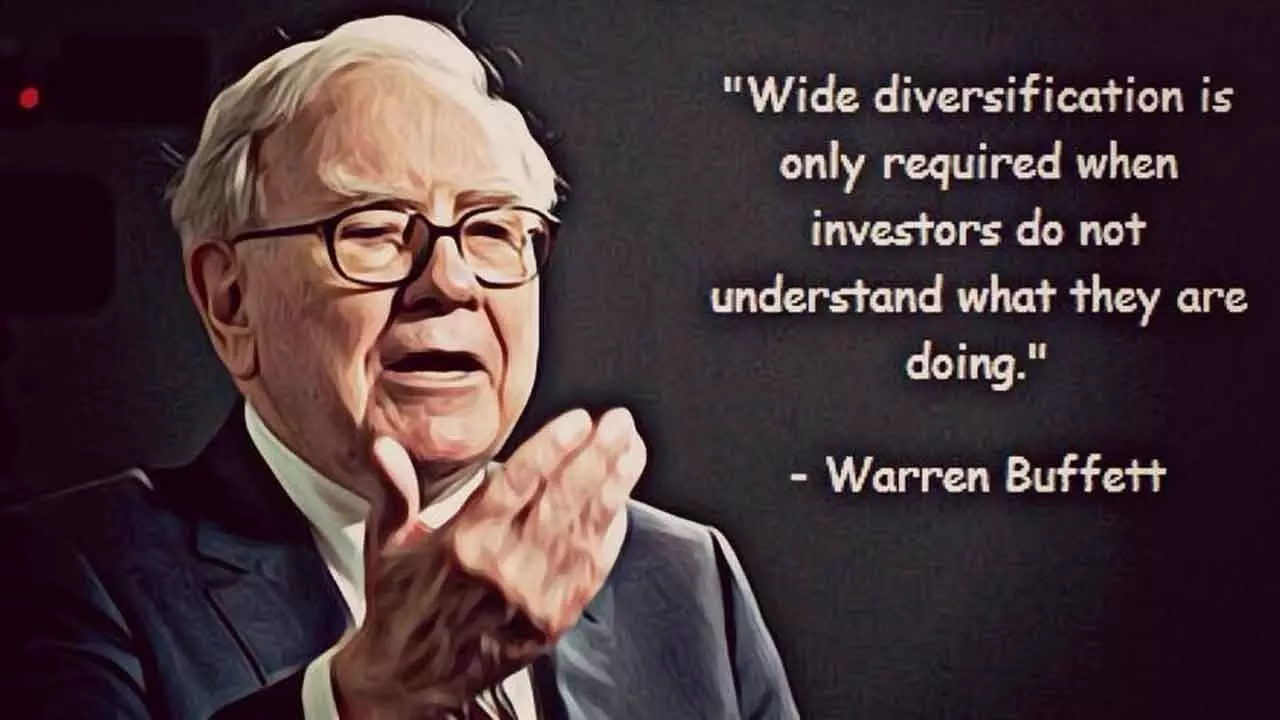Will Investments By A Growing Number Of Billionaires Impact The Economy?
The expanding cohort of wealthy individuals looks favourably on commercial real estate
Will Investments By A Growing Number Of Billionaires Impact The Economy?

How wealth or property firms deliver these “lifestyle” and “legacy” offerings will, in my view, be the key to creating and maintaining active and longstanding connections with the next generation of wealthy individuals
Global GDP will likely expand by around 2.9 per cent in 2024, down from 3.1 per cent a year earlier. The American economy’s unexpected resilience is partly down to increased consumer spending, fuelled by savings accumulated during the Covid-19 pandemic.
Wealth creation is set to be positive in the near term. Respondents from all over the world confirmed that on average their clients were expecting to see their wealth portfolios grow this year.
The most confident region was the Middle East, with a strong showing from Asian and Australasian respondents. While still optimistic, African and European clients were the most modest in their expectations of the year ahead.
We expect the number of wealthy individuals globally to rise by 28.1 per cent during the five years to 2028. While positive, our forecast points to a rate of expansion noticeably slower than the 44 per cent increase experienced in the five-year period to 2023.
This expanding cohort of wealthy individuals looks favourably on real estate. Almost a fifth of UHNWIs plan to invest in commercial real estate this year, while more than a fifth is planning to buy residential. Growth over the forecast period provides various opportunities for investors, particularly developers able to deliver property that suits the shifting tastes of the newly minted.
While the challenges are different in commercial markets, there are arguably larger opportunities. The market disruption is impacting offices in particular, but also other sectors, considered alongside the requirement for investment to “green” existing property assets, points to a need for very deep pools of equity to come into the sector. With so much wealth set to be created in the coming years, there will be plenty of opportunities for those with the right skills and insights.
In all the markets, the one per cent threshold starts far below the $30 million entry point for becoming a UHNWI. European hubs top the list, led by Monaco, where $12.9 million is the threshold to join the one per cent club. Following behind are Luxembourg at $10.8 million and Switzerland at $8.5 million. Perhaps surprisingly, bearing in mind its dominance in terms of overall wealth creation, the US comes in fourth, at US$5.8 million. Across the Asia-Pacific region, Singapore leads the pack with a requirement of US$5.2 million.
As Western countries in particular grapple with government deficits and the need to raise tax revenue, expect greater policy focus on where wealth is located, how it is distributed across economies and how governments can both tax it and encourage its growth: not an easy mix of outcomes to secure.
Where 22 per cent of UHNWIs are expected to invest in a home purchase this year, only 19 per cent of them are expected to take the same route. Boomers appear most reticent (eight per cent and seven per cent for females and males, respectively) while millennials are most active, with scores approaching UHNWI levels (23 per cent for females and 21 per cent for males).
When it comes to commercial property, 19 per cent of UHNWIs are considering investing this year. Given the larger financial commitment required, it is probably unsurprising that a much smaller percentage of HNWIs are considering a similar move: only seven per cent overall, with male millennials the most committed (nine per cent) and male boomers the least (three per cent).
The transition to the next generation will impact not just how we deliver investment services, but also the kinds of investments we make. Sustainability and impact investing are clear examples. The growth seen in both areas hasn’t been driven solely by younger investors – but there is growing awareness that investment portfolios can actually have a positive impact on people and the planet and many younger clients want help to achieve this.
In any overall wealth strategy, diversification is important. Ensuring you have sufficient assets to meet your needs in each bucket – “liquidity” (e.g. cash reserves), “lifestyle” (liquid investment portfolio) and “legacy/illiquid” (property or private markets) – can be a good way to think about it. How wealth or property firms deliver these “lifestyle” and “legacy” offerings will, in my view, be the key to creating and maintaining active and longstanding connections with the next generation of wealthy individuals.
There is a huge dichotomy at play: 71 per cent of the world lives in a country where inequality is growing, while record numbers of next gen family members recognise that they have a responsibility to counter inequality with impact investing or fighting climate change.
The next generation, holding major investment power, is likely to direct significant amounts of capital to causes beyond solely maximising economic growth. Their consumer spending will also be guided by a different set of values and perspectives.

